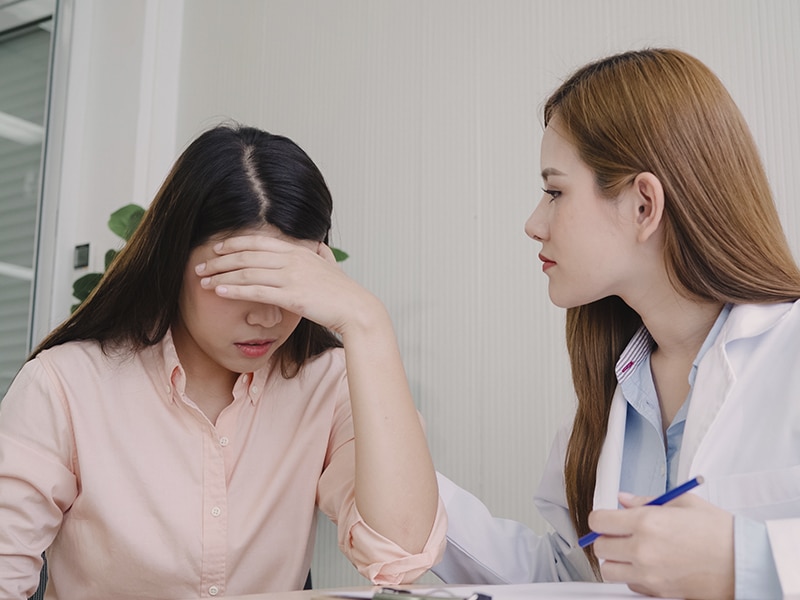During cancer treatment, it may be necessary to make dietary changes to help strengthen your body and cope with the effects of cancer and its treatment.
When you were initially informed about your cancer diagnosis, your doctor would have discussed a treatment plan. This plan might have included surgery, radiation therapy, chemotherapy, hormonal therapy, biological therapy (immunotherapy), or a combination of treatments. All of these treatments kill cancer cells, but in the process, they also damage some healthy cells. This harmful effect is what causes the side effects of cancer treatment. Among the most common side effects that can affect your ability to eat are:
- Loss of appetite (anorexia)
- Mouth or throat pain
- Dry mouth
- Dental and gum problems
- Changes in taste or smell
- Nausea
- Vomiting
- Diarrhea
- Constipation
- Persistent fatigue
- Depression
Before Starting Treatment
Until your treatment actually begins, you won’t know which side effects you’ll experience, if any, or how you’ll feel. One way to prepare is to see your treatment as a time to focus on yourself and your recovery. Here are some other ways to prepare:
Plan Ahead
You can reduce anxiety about your treatment and its side effects by taking action now. Talk to your family, friends, acquaintances, and ask your cancer care team about things that concern you. Learn as much as you can about cancer, your treatment plan, and how you might feel during it. Planning how you’ll cope with potential side effects can make you feel more in control and prepared to handle any changes that may arise.
Here are some practical tips to help you prepare for treatment:
- Stock your pantry and freezer with your favorite foods so you don’t have to shop as often. Include foods you know you can eat even when you’re not feeling well.
- Cook ahead and freeze meals in individual portions.
- Talk to friends or family about ways they can help with shopping and cooking, or ask a friend or family member to take care of this for you. Make sure to tell them if there are certain foods you find challenging to eat.
- Discuss any concerns you have about a healthy diet with your cancer care team. They can assist you with dietary changes that will help manage side effects
- such as constipation, weight loss, or nausea.
For those whose cancer treatment will include radiation to the head or neck, a feeding tube placed in the stomach may be recommended before starting treatment. This allows for feeding when swallowing is difficult and can prevent nutrition and dehydration problems during treatment.
Once Treatment Begins
Eat Well
Your body needs you to consume a healthy diet for optimal functioning. This is even more crucial if you have cancer. In fact, we know that some cancer treatments actually work better if the patient remains well-nourished by consuming enough calories and protein. Here are some practical tips:
- Don’t be afraid to try new foods. During your treatment, some foods you didn’t like before may taste good to you.
- Choose plant-based foods of different types. Try to have plant-based meals instead of meat for some of your meals each week.
- Aim to eat a variety of fruits and vegetables every day, including citrus fruits and dark green and intense yellow vegetables. Colorful plant foods (both fruits and vegetables) contain natural substances that promote health.
- Choose highly nutritious foods and limit the amount of sugary drinks and highly processed foods.




